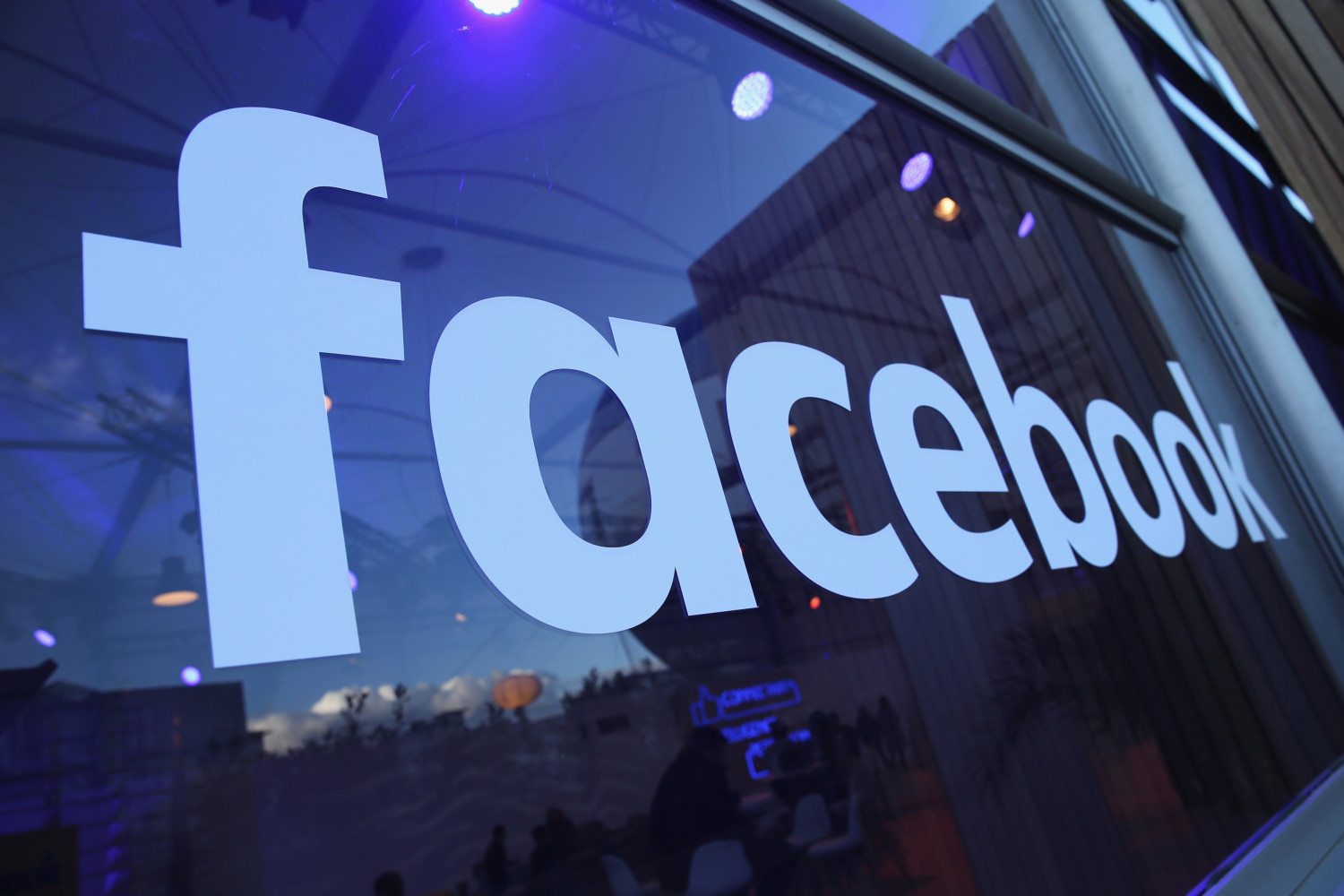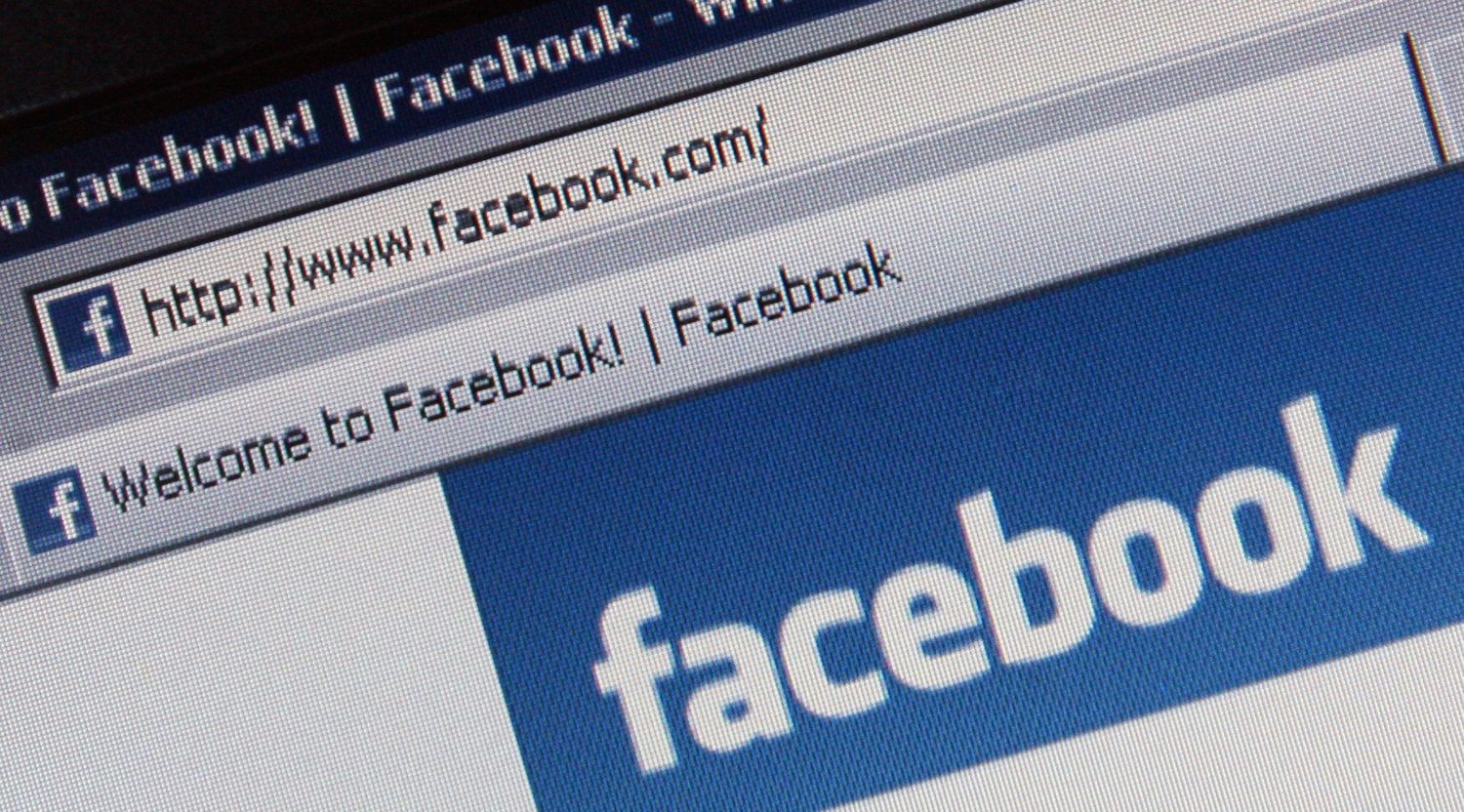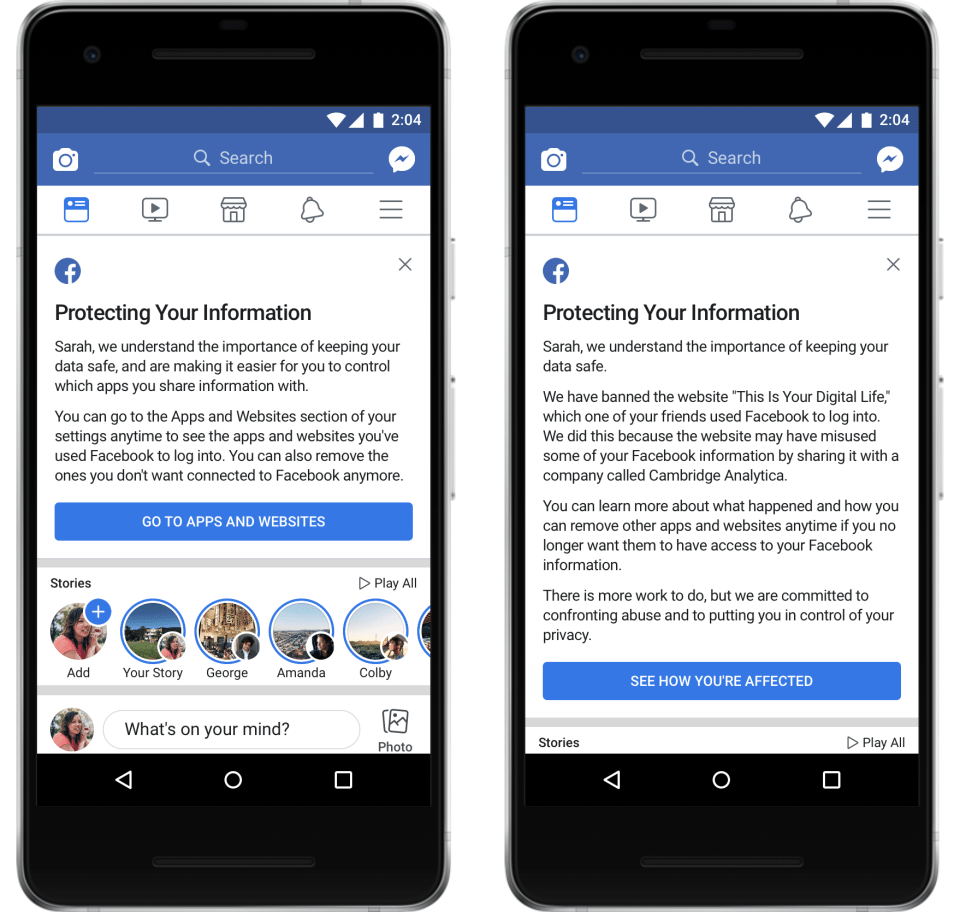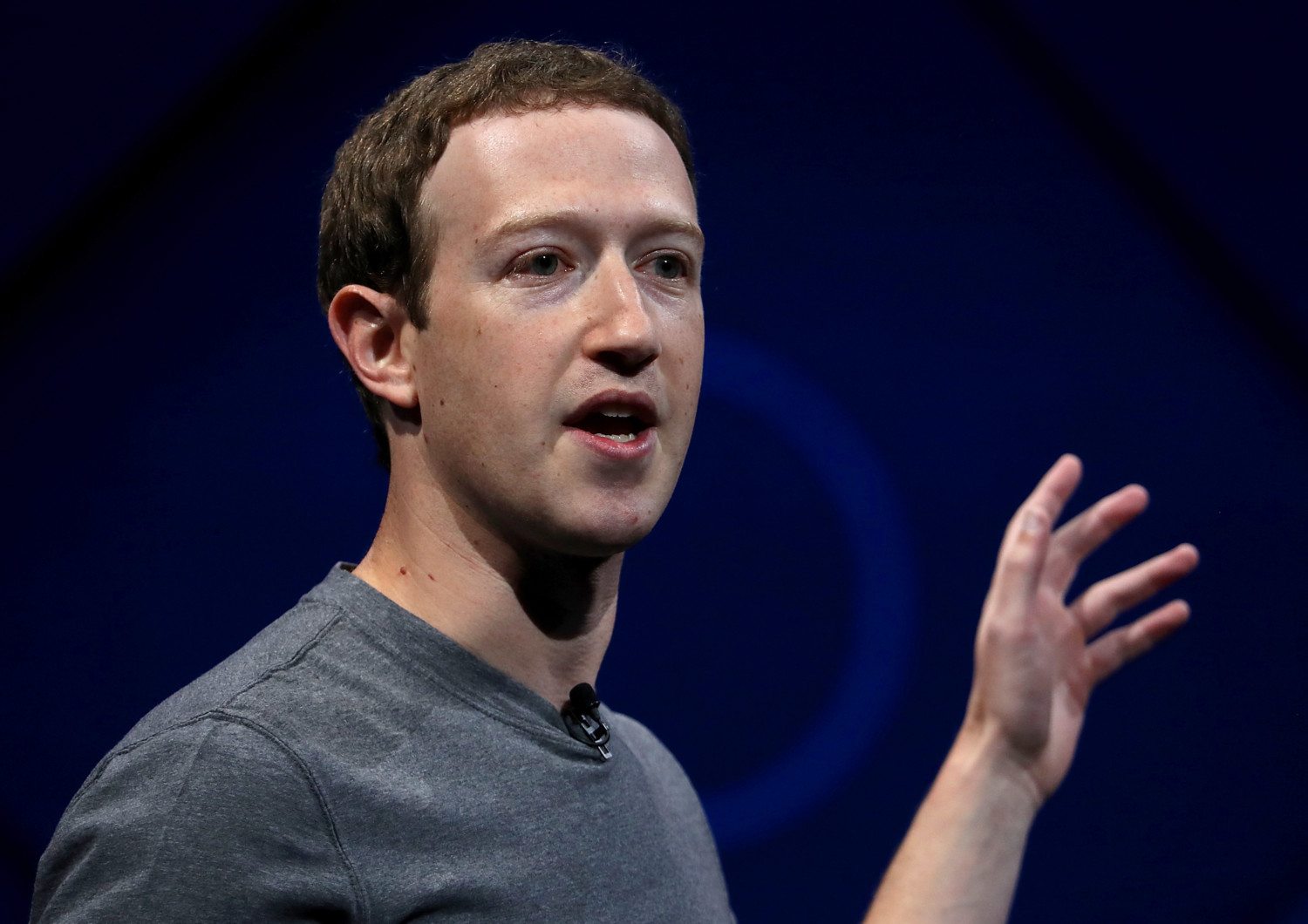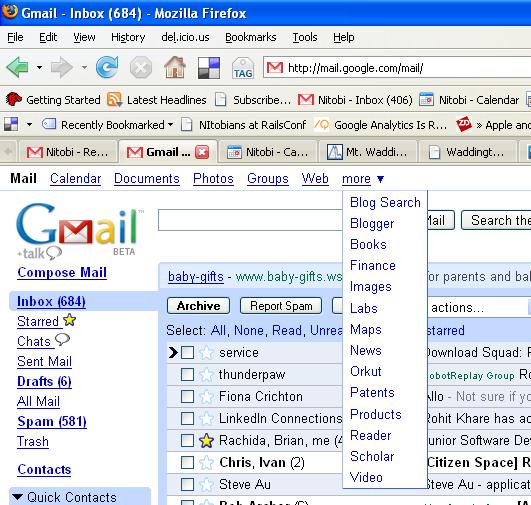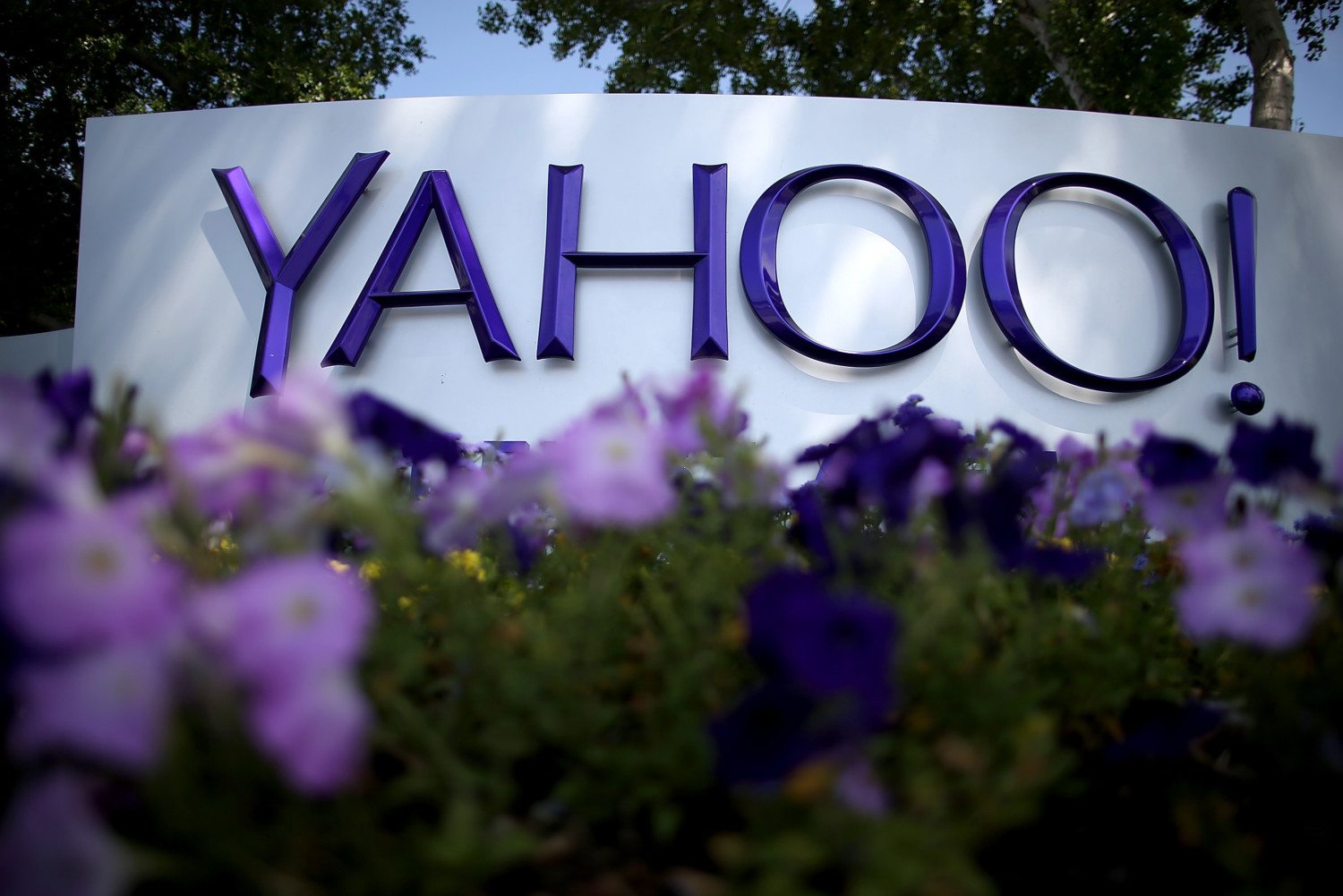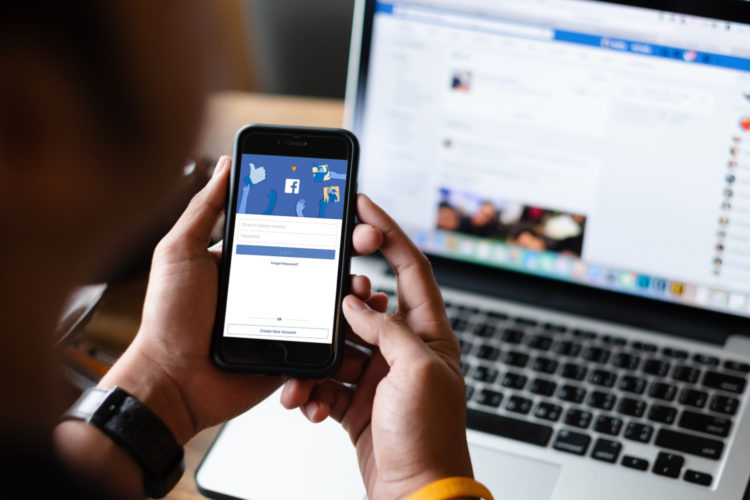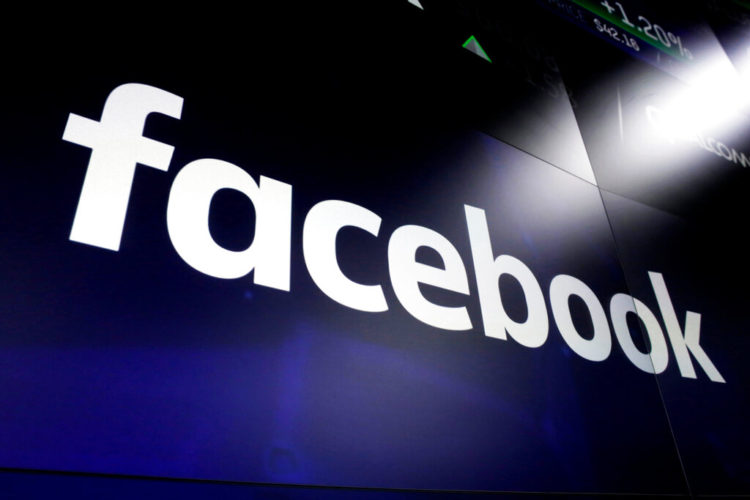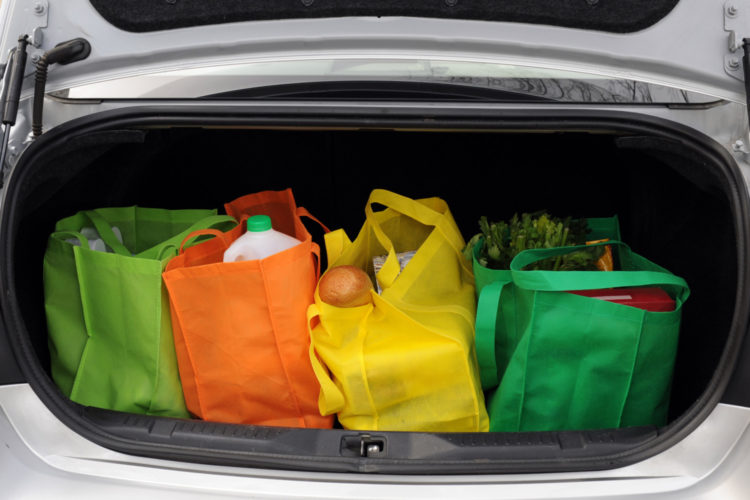How to find out if your Facebook account was part of Cambridge Analytica data breach
About 87 million people have had their Facebook data misused in a breach by Cambridge Analytica. And now, Facebook is taking steps to notify users about the possibility that their information was compromised.
Notifications will begin appearing on Facebook users’ newsfeeds on April 9. The notifications won’t all be sent at the same time, so if you don’t see one today, continue to check back.
If your data was shared with Cambridge Analytica, a notification should pop up in at the top of your Facebook newsfeed along with an option to change your privacy settings. As is the case for all users, you will be able to remove apps that you no longer want, which in turn should prevent the app creator from accessing any more of your data.
There are two notifications you may see, depending on whether or not you were affected by the breach.
Here is what the notifications will look like:
What Facebook Is Doing To Protect Your Privacy
Facebook is also rolling out a number of changes to protect users’ privacy. They are making several changes to Application Programming Interface (API) as is pertains to events, groups, pages and Instagram. They are tightening security for Facebook Login as well as making changes to search and account recovery.
Previously, users were able to enter a person’s phone number or email address to find them on Facebook, but this feature will now be disabled to protect users’ information. You can currently control who is able to find your profile and how under Settings>Privacy in your account.
Until Facebook rolls out changes, you can control who sends you friend requests, whether your email or phone number can be used to find your account (and by whom) and whether you want your profile to show up in search engine results (aka when someone googles you).
Facebook will not collect the content of messages and will delete logs older than one year. Facebook will also be shutting down Partner Categories, which enables third-party data providers to offer targeting directly on Facebook.
Facebook has pledged to review thousands of apps in an effort to determine if they have abused their access to personal information.
“If we find developers that misused personally identifiable information, we will ban them and tell everyone affected by those apps,” Facebook CEO Mark Zuckerberg said about a month ago.
Zuckerberg is set to testify at a hearing before Congress on April 11 regarding his company’s efforts to protect privacy in the wake of the recent scandal.
Here are some other tips for safeguarding your personal information on Facebook.
Yes, Facebook Reads Your Messages—And So Does Google
In the wake of Facebook’s privacy scandal regarding Cambridge Analytica, CEO Mark Zuckerberg confirmed in an interview that the tech giant scans messages sent via its Messenger app.
As CNN.com explains, messages are scanned using automated tools to ascertain whether images and links violate community standards. For example, a photo depicting child pornography or a link with a virus (“malware”) could be automatically flagged. Users can also manually flag messages that they think are in violation of standards. In both cases, the tech company then has moderators assess the messages and potentially remove them.
Facebook does not use the information in private message for advertising data, according to Bloomberg.com.
However, it’s not just Facebook that scans your messages — it’s Google and other messaging services, too.
RELATED: Here’s How To Download Your Facebook Archive
How Gmail Scans Your Emails
In July 2017, Google admitted it had been scanning Gmail users’ accounts to personalize advertising, as TechCrunch reported. Google said it would stop doing so to assuage the fears of paid G Suite customers and align Gmail (which is free) more closely with G Suite.
That doesn’t mean Google is no longer scanning emails. They are — just not for advertising. As Variety explains, the Google app on your phone is scanning your Gmail for information like flights and restaurant information. The company also scans for viruses and fraudulent behavior, which is how certain emails end up in your spam box.
To be clear, the scanning is automated. It’s not as though a person is sitting and reading your individual emails; instead, a computer scans your emails looking for keywords and forms alerts accordingly. As Variety explains, Google also offers a Smart Reply, which “reads” the email to discern the intent and uses computer algorithms to give users the options of short responses.
Are Other Emails Scanned?
It’s not just Gmail users who are having their emails scanned. The email providers for Apple, Yahoo, and Hotmail read users’ emails, too, the Guardian reported.
Investigators for Microsoft even went so far as to read through a bloggers’ Hotmail account in an attempt to uncover an internal leak and protect their property.
This is legally allowed, thanks to the terms and conditions of service for these email providers. While it may upset users who expected complete privacy, they actually agreed to these terms when opening an account.
Unfortunately for Facebook, the company is still in hot water as stocks dipped and Zuckerberg is testifies before Congress regarding the privacy issues after the Cambridge Analytica scandal. However, what this will mean for the rest of the Silicon Valley companies who want to mine our data is not yet clear.
RELATED: This device turns your tablet or phone into a retro typewriter!


